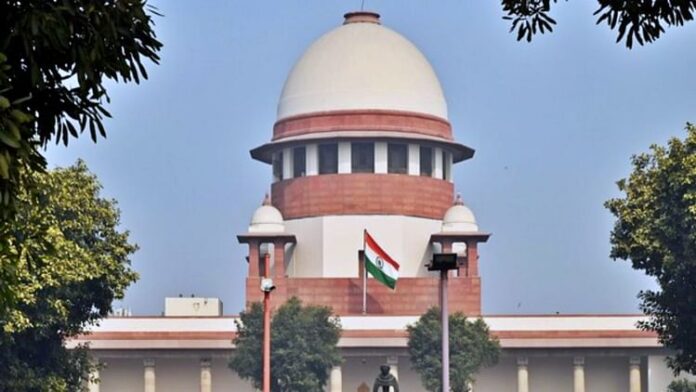
Supreme Court (File)
– Photo: ANI
Expansion
On Thursday, the court gave a setback to the central government and said that the states have the legislative (legal) right to collect royalty on mines and mineral-rich land under the Constitution. The nine-judge Constitution bench ruled by a majority of 8:1 that royalty paid in exchange for minerals is not a tax.
Trending Videos
Chief Justice DY Chandrachud, reading out the verdict on behalf of himself and seven other judges of the bench, said that Parliament does not have the power to impose tax on mineral rights under Entry 50 of List II of the Constitution. Entry 50 of List-II of the Constitution deals with rules relating to mineral development and taxes on mineral rights.
Reading out the majority verdict, the Chief Justice said that the 1989 verdict of the seven-member Constitution Bench of the apex court was wrong in which it was said that royalty is a tax. Earlier, as soon as the hearing began, the Chief Justice said that the bench gave two different verdicts and Justice BV Nagarathna disagreed with it. While reading out his verdict, Yamurthy Nagarathna said that the states do not have the legislative capacity to impose tax on land containing mines and minerals.
The bench decided the highly contentious issue whether royalty payable on minerals is a tax under the Mines and Minerals (Development and Regulation) Act, 1957, and whether only the Centre has the power to make such recovery or the states also have the power to impose the levy on mineral bearing lands in their territory?
Other members of the Constitution Bench include Justice Hrishikesh Roy, Justice Abhay S Oka, Justice JB Pardiwala, Justice Manoj Mishra, Justice Ujjal Bhuiyan, Justice Satish Chandra Sharma and Justice George Masih.
